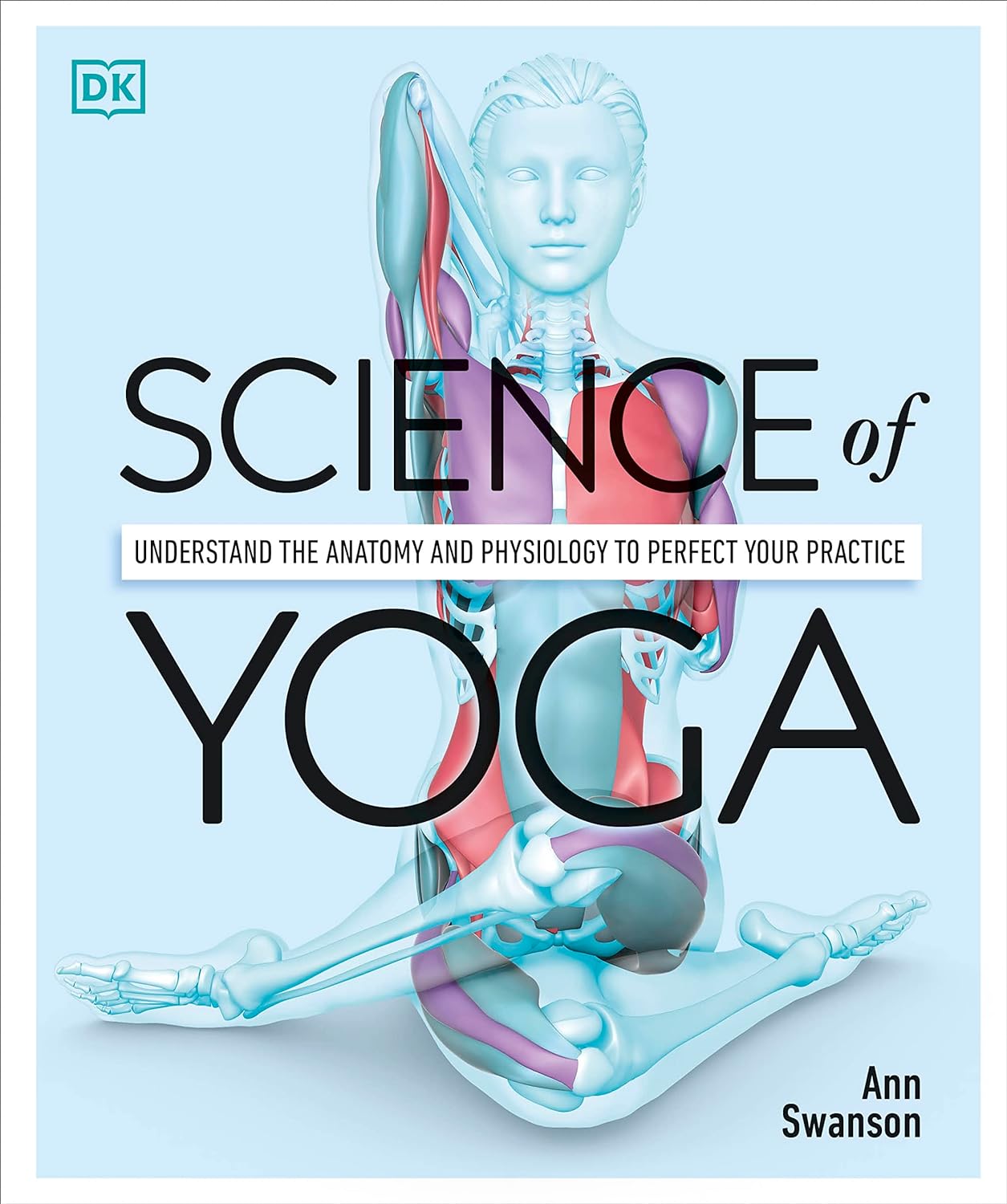Stress Reduction: Restorative Approach to Calm

Before diving in, please note: This post is for informational purposes only. If you’d like to know more about how we approach topics, feel free to check out our friendly Disclaimer Page.
Hey there, amazing readers! 🖐️ Just a quick note: yes, we know there are a lot of ads here. Trust us, we get it—it’s not the prettiest look, but they help us keep this blog alive and kicking. Those pesky little ads cover the costs of all the behind-the-scenes magic, from hosting and tech stuff to creating content we hope you’ll love.
We’re committed to delivering quality posts, and your support (even just sticking around despite the ads) means everything to us. So, bear with us, and thanks for helping us keep the good vibes rolling. Now, on to the fun stuff! 😉
TRANSLATE BUTTON AT THE END OF THE ARTICLE
A Quick Overview
In today’s fast-paced world, stress has become a common issue that affects many individuals.
Whether it stems from work, relationships, finances, or health concerns, stress can have detrimental effects on both our physical and mental well-being.
However, it is essential to understand the causes and effects of stress, as well as the importance of reducing stress in our daily lives.
One approach to managing stress is through restorative practices that promote calmness and relaxation.
By incorporating mindfulness techniques, relaxation exercises, meditation, connecting with nature, promoting quality sleep, maintaining healthy eating habits, building a support system, and balancing work and life, individuals can effectively reduce stress levels and improve their overall quality of life.
Understanding Stress: Causes and Effects
Stress can be triggered by various factors, such as work deadlines, family responsibilities, financial worries, and health issues.
When we encounter stressful situations, our body releases hormones like cortisol and adrenaline, preparing us for the "fight or flight" response.
While this response is useful in emergency situations, chronic stress can lead to physical symptoms like headaches, fatigue, muscle tension, and digestive problems.
Additionally, prolonged stress can impact our mental health, causing anxiety, depression, and mood swings.
Importance of Stress Reduction
Reducing stress is crucial for maintaining a healthy lifestyle and preventing long-term health issues.
Chronic stress has been linked to serious conditions like heart disease, diabetes, and obesity.
By adopting stress-reducing practices, individuals can lower their risk of developing these ailments and improve their overall well-being.
Furthermore, managing stress can enhance productivity, creativity, and relationships, leading to a more fulfilling and balanced life.
The Restorative Approach to Calm
The restorative approach to calm involves incorporating practices that promote relaxation, mindfulness, and self-care.
By focusing on activities that soothe the mind and body, individuals can counteract the negative effects of stress and cultivate a sense of peace and tranquility.
Restorative practices aim to restore balance, reduce tension, and increase emotional resilience in the face of stressful situations.
Benefits of Restorative Practices
Promotes relaxation: Restorative practices such as deep breathing, meditation, and yoga help calm the nervous system and reduce tension in the body.
Enhances self-awareness: By engaging in mindfulness techniques, individuals can become more attuned to their thoughts, emotions, and physical sensations.
Improves emotional well-being: Restorative practices foster a sense of inner peace, happiness, and contentment, leading to improved mental health.
Boosts physical health: Stress reduction through restorative practices can lower blood pressure, improve sleep quality, and strengthen the immune system.
Enhances resilience: By developing coping strategies and self-care routines, individuals can better navigate stressful situations and bounce back from adversity.
Mindfulness Techniques for Stress Relief
Mindfulness involves being present in the moment, observing thoughts without judgment, and cultivating a sense of awareness and acceptance.
To practice mindfulness for stress relief, individuals can engage in activities like meditation, deep breathing exercises, body scans, and mindful walking.
By focusing on the present moment and letting go of worries about the past or future, individuals can reduce anxiety, enhance clarity, and promote a sense of calm.
Relaxation Exercises for Stress Reduction
Progressive muscle relaxation: Tense and relax each muscle group in the body, starting from the feet and working up to the head.
Deep breathing: Inhale deeply through the nose, hold for a few seconds, and exhale slowly through the mouth.
Repeat several times.
Visualization: Close your eyes and imagine a peaceful place or scenario that brings you comfort and relaxation.
Guided imagery: Listen to recordings or scripts that guide you through relaxing scenes or scenarios to promote stress relief.
Incorporating Meditation into Your Routine
Meditation is a powerful practice that involves focusing the mind, calming thoughts, and cultivating inner peace.
By setting aside time each day for meditation, individuals can reduce stress, improve concentration, and enhance emotional well-being.
There are various types of meditation, such as mindfulness meditation, loving-kindness meditation, and body scan meditation, each offering unique benefits for stress relief and relaxation.
Connecting with Nature to Reduce Stress
Spending time in nature has been shown to reduce stress levels, lower blood pressure, and improve mood.
Whether it’s taking a walk in the park, hiking in the mountains, or simply sitting by a body of water, connecting with nature can promote a sense of calm and relaxation.
Nature provides a peaceful and rejuvenating environment that allows individuals to unwind, recharge, and find solace amidst the chaos of daily life.
Importance of Quality Sleep for Stress Management
Sleep is essential for physical and mental health, and lack of quality sleep can exacerbate stress levels.
By prioritizing good sleep hygiene practices, such as maintaining a consistent sleep schedule, creating a relaxing bedtime routine, and avoiding stimulants like caffeine before bed, individuals can improve their sleep quality and reduce stress.
Adequate rest allows the body to repair and recharge, enabling individuals to better cope with daily stressors and challenges.
Healthy Eating Habits for Stress Reduction
Nutrition plays a crucial role in managing stress levels and promoting overall well-being.
Consuming a balanced diet rich in fruits, vegetables, whole grains, lean proteins, and healthy fats can provide the body with essential nutrients to combat stress.
Additionally, avoiding excessive caffeine, sugar, and processed foods can help stabilize blood sugar levels and prevent mood swings.
Eating mindfully, chewing slowly, and savoring each bite can also enhance digestion and reduce stress during meal times.
Building a Support System for Stress Relief
Having a strong support system is essential for managing stress and coping with life’s challenges.
Whether it’s family, friends, colleagues, or a therapist, having individuals to turn to for emotional support, guidance, and encouragement can alleviate stress and promote resilience.
Social connections provide a sense of belonging, acceptance, and understanding, allowing individuals to express their feelings, seek advice, and receive comfort during difficult times.
Balancing Work and Life for Reduced Stress
Achieving a healthy work-life balance is crucial for reducing stress and preventing burnout.
By setting boundaries, prioritizing self-care, and allocating time for relaxation and leisure activities, individuals can prevent work-related stress from spilling over into their personal lives.
Setting realistic goals, delegating tasks, and practicing time management can help individuals maintain a sense of control and organization, leading to greater balance, harmony, and fulfillment in both work and life.
Conclusion
In conclusion, stress is a common yet manageable aspect of life that can have significant impacts on our physical and mental well-being.
By understanding the causes and effects of stress, adopting restorative practices, incorporating mindfulness techniques, relaxation exercises, meditation, connecting with nature, promoting quality sleep, maintaining healthy eating habits, building a support system, and balancing work and life, individuals can effectively reduce stress levels and enhance their overall quality of life.
Prioritizing stress reduction is essential for promoting health, happiness, and resilience in the face of life’s challenges.

The Enlightenment Journey is a remarkable collection of writings authored by a distinguished group of experts in the fields of spirituality, new age, and esoteric knowledge.
This anthology features a diverse assembly of well-experienced authors who bring their profound insights and credible perspectives to the forefront.
Each contributor possesses a wealth of knowledge and wisdom, making them authorities in their respective domains.
Together, they offer readers a transformative journey into the realms of spiritual growth, self-discovery, and esoteric enlightenment.
The Enlightenment Journey is a testament to the collective expertise of these luminaries, providing readers with a rich tapestry of ideas and information to illuminate their spiritual path.
Our Diverse Expertise 🌟
While our primary focus is on spirituality and esotericism, we are equally passionate about exploring a wide range of other topics and niches 🌍📚. Our experienced team is dedicated to delivering high-quality, informative content across various subjects ✨.
To ensure we provide the most accurate and valuable insights, we collaborate with trusted experts in their respective domains 🧑🏫👩🏫. This allows us to offer well-rounded perspectives and knowledge to our readers.
Our blog originally focused on spirituality and metaphysics, but we’ve since expanded to cover a wide range of niches. Don’t worry—we continue to publish a lot of articles on spirituality! Frequently visit our blog to explore our diverse content and stay tuned for more insightful reads.






